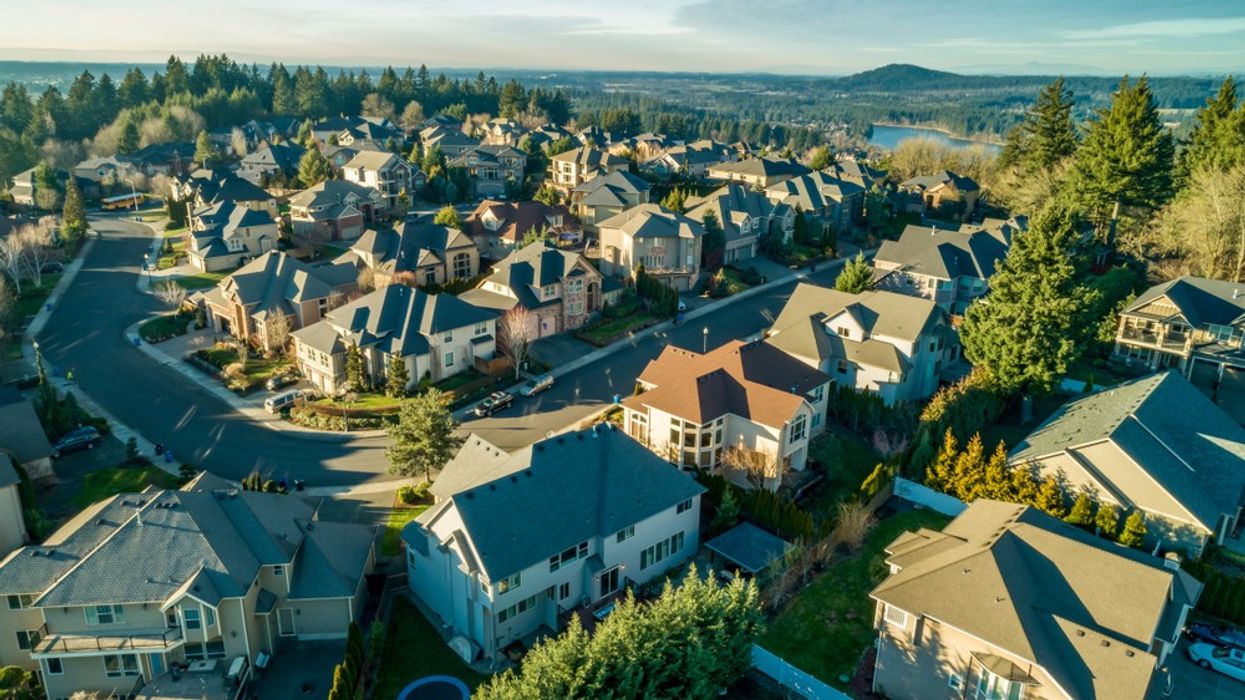Freehold homes in Greater Toronto, Greater Vancouver, and the Fraser Valley broadly saw their values slip in the first half of the year, with only six neighbourhoods across those markets reporting year-over-year gains.
According to new data from RE/MAX, Palmerston-Little Italy, Trinity-Bellwoods, Dufferin Grove (up 16%), Cabbagetown, Church-Yonge Corridor, South St. James Town (up 11.7%), Rosedale, Moore Park (up 4%), and Banbury-Don Mills, Parkwoods-Donalda (up 3.7%) were amongst the select neighbourhoods to “buck” the downward price trend in Toronto, while values in Vancouver’s Gulf Islands and West Vancouver-Howe Sound climbed 13% and 1.9%, respectively.
“Tight market conditions contributed to the uptick, as well as a greater number of sales at the top end of the market,” says RE/MAX.
Meanwhile, close to 93% of detached home values ‘fell short’ of last year’s levels in the first six months of 2023 — and this was despite a “rally in home-buying activity” in the second quarter, says the real estate company.
“Anxious homebuyers were quick to identify the bottom of the market and jumped in with both feet in the second quarter of the year,” says Christopher Alexander, President of RE/MAX Canada.
He adds, however, “the impetus was short-lived.”
As rate realities set in, home-buying activity dropped off in 95% of markets in the first half of the year compared to the same period in 2022, with the only outliers being Bayview Village, Don Valley Village, Henry Farm (up 21.4%), Bathurst Manor, Clanton Park (up 1.4%), and Alderwood, Long Branch, New Toronto (up 9.3%) in the Toronto Area, as well as Langley in the Fraser Valley (up 7.9%)
“With inflation coming in hotter than expected in July, the Bank of Canada is forecasted to raise rates yet again in September,” says Elton Ash, Executive Vice President for RE/MAX Canada. “If that holds true, home-buying activity will likely remain subdued for the foreseeable future.”
Ash also notes that “eerily similar circumstances existed in 1994,” when the Bank of Canada raised rates from 7.25% to 10.5% in the course of about a year.
“The impact on GTA’s housing market was immediate, with sales softening and average price declining from close to $209,000 to $198,000 in 1996. The same factors are at play today, with the market’s only saving grace the lack of inventory currently listed for sale.”





















